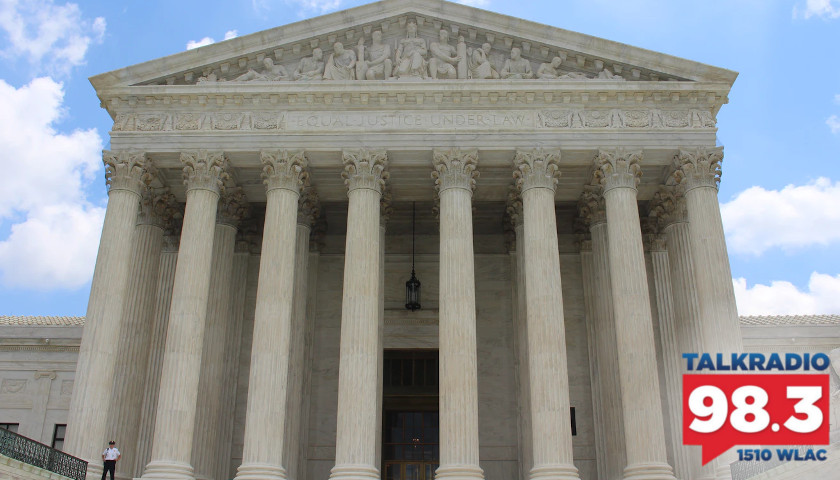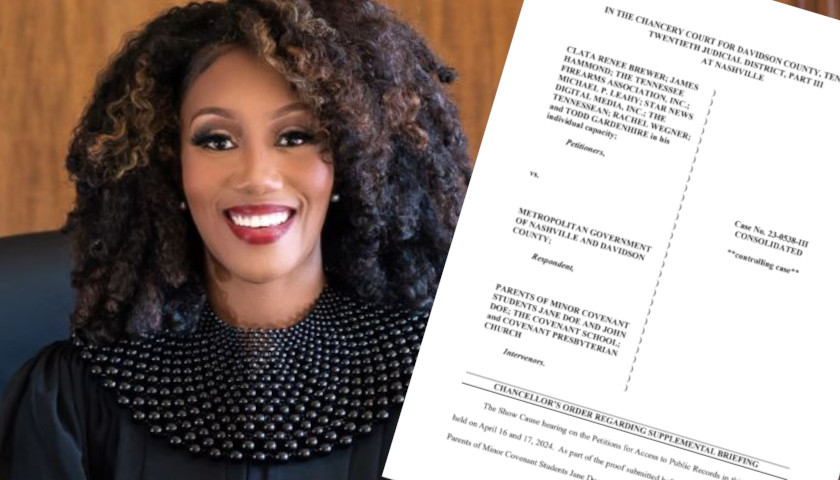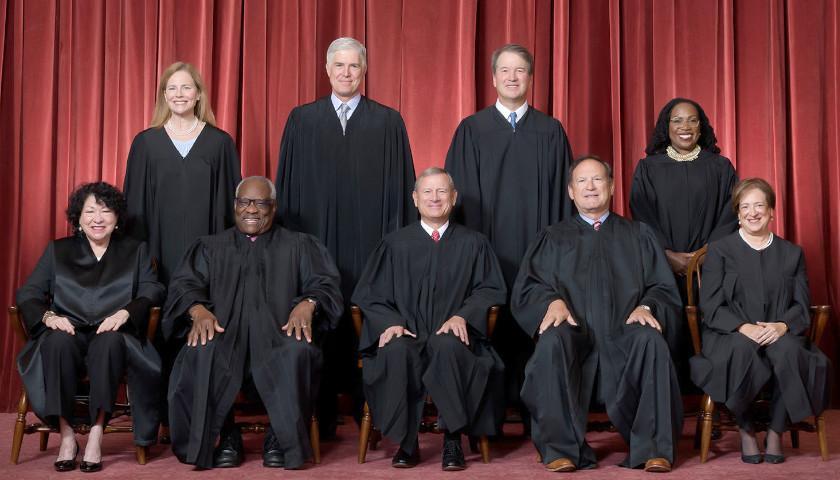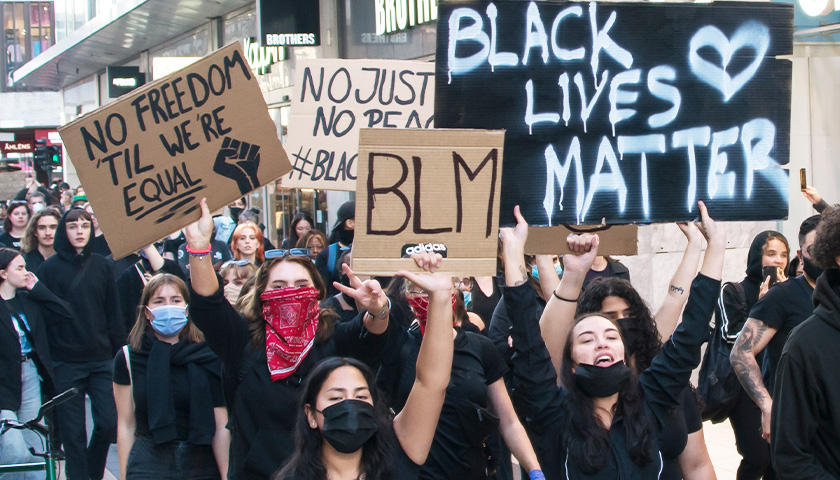Live from Music Row Wednesday morning on The Tennessee Star Report with Michael Patrick Leahy – broadcast on Nashville’s Talk Radio 98.3 and 1510 WLAC weekdays from 5:00 a.m. to 8:00 a.m. – Leahy was joined in the studio by all-star panelist Crom Carmichael.
At the top of the third hour, Leahy and Carmichael discussed the current lawsuit within the Supreme Court regarding the little known and unregulated Consumer Financial Protection Bureau. Carmichael explained how the Bureau was created in 2010 under Obama’s watch and was originally to be directed by Senator Elizabeth Warren. He added that this was a lawsuit that would rule whether the independent bureau’s existence was constitutional.
Leahy: We are talking with Crom Carmichael. Crom, we’ve been all politics all the time here for the past. I want to change course a little bit. I wanted to talk about a fundamental legal issue that is before the Supreme Court.
You brought this to my attention last week and it has to do with a case about a little known but very dangerous agency called the Consumer Financial Protection Bureau. Tell us a little bit about this case, Crom.
Carmichael: The Consumer Financial Protection Bureau. I don’t even know if it’s a department or an agency.
Leahy: It’s an independent agency and unlike any others.
Carmichael: It was set up by the Democratic-controlled Congress and signed into law…
Leahy: By Barack Obama in 2010.
Carmichael: And what this agency has the authority to do is literally make law. But what is particularly terrible about the way this law was passed is that it is funded by its own request from the Fed.
Leahy: Not from Congress?
Carmichael: From the Federal Reserve.
Leahy: It’s independent.
Carmichael: It does not get its money through appropriation through the Congress. It is an agency that acts completely on its own. It is funded completely on its own. And it doesn’t report, according to the law, it doesn’t report to anyone including anyone in the executive branch.
Leahy: Do you know whose brainchild this was?
Carmichael: Whose?
Leahy: Elizabeth Warren. Enough said.
Carmichael: This is how the progressives think. They do not want there to be accountability. And so a lawsuit was brought to the Supreme Court to ask the Supreme Court whether or not an agency can actually operate that independently. That’s the essence of what the court case is about. Not what it is doing, but whether or not its very existence is constitutional.
Leahy: And the element specifically at issue here is whether the director of the Consumer Financial Protection Bureau serves at the pleasure of the President and can be removed. The way it works is the President can and does appoint someone to be the head of this for five years.
Obama wanted to appoint Elizabeth Warren, but she could not be confirmed back in 2010 because she was so radical. So they appointed instead, one of her acolytes Richard Cordray. And he served in that. He was overreaching and a classical example of a bureaucrat pushing into the market by telling people what they can and can’t do and just being a bully of it.
He left to run for governor of Ohio. He lost. Mick Mulvaney was appointed the acting director for a period of time. Then they appointed Kathy Kraninger.
Carmichael: Who is they?
Leahy: President Trump nominated Kathy Kraninger to be the director. She really didn’t have much of a record. But she was confirmed. She would not have been my first, second or third choice. But so far she hasn’t done a terrible job.
The problem is, under the law as written the president can only remove the bureau’s director for “inefficiency, neglect of duty, or maleficence in office.” It’s a standard of corruption but not a standard for policy disagreements. And that is what the issue is.
Carmichael: OK. But also the funding, the whole way it was set up is also then part of what the Supreme Court will be looking at. Michael, what we talked about is interesting. That case was argued recently, correct?
Leahy: Seila Law versus the Consumer Financial Protection Bureau.
Carmichael: When was it argued?
Leahy: Yes. Yes. That case. Than you. Was argued before the Supreme Court yesterday.
Carmichael: OK. So the case was argued yesterday. Here’s something that I read and found interesting. The Supreme Court justices and I found this out when Scalia died. When the Supreme Court hears a case, they meet on the Friday after they hear the case in the Chief Justice’s library.
And they vote. Their vote is not made public. But they vote on Friday after they hear every case. Then the Supreme Court Chief Justice then assigns the opinion to write the majority to one of the justices that voted in the majority.
Leahy: So we won’t know the results until those opinions are released in June which is when they usually do. But the decision will be made this Friday.
Carmichael: Yes.
Leahy: I wish I were a fly in the room to report on what’s happening there. I know what should happen. But I don’t know what will happen.
Listen to the full third hour here:
– – –
Tune in weekdays from 5:00 – 8:00 a.m. to the Tennessee Star Report with Michael Patrick Leahy on Talk Radio 98.3 FM WLAC 1510. Listen online at iHeart Radio.









It should be disbanded.